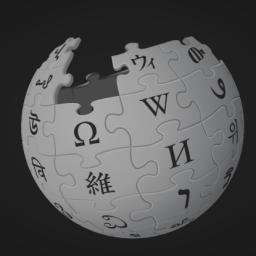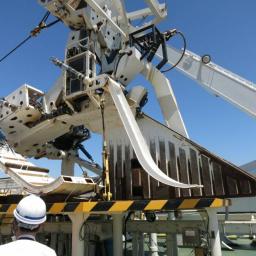Wikipedia bans hundreds more paid editor accounts and deletes affected articles
 This morning, Wikipedia parent organization Wikimedia announced they have banned 381 user accounts that were engaging in "undisclosed paid advocacy." In other words, they were posting promotional articles to the user-editable online encyclopedia, without revealing that they were paid to do so. The articles being posted were related to businesses, business people or artists, and they often included biased or skewed information alongside unattributed material and potential copyright violations. As a result of the investigation, editors on the site have also deleted 210 articles that were created by these accounts.
This morning, Wikipedia parent organization Wikimedia announced they have banned 381 user accounts that were engaging in "undisclosed paid advocacy." In other words, they were posting promotional articles to the user-editable online encyclopedia, without revealing that they were paid to do so. The articles being posted were related to businesses, business people or artists, and they often included biased or skewed information alongside unattributed material and potential copyright violations. As a result of the investigation, editors on the site have also deleted 210 articles that were created by these accounts.Back in October 2013 Wikipedia first sent a cease-and-desist letter to the firm Wiki-PR, which promoted its ability to help article subjects claim their "top spot in Google search results." Wikipedia said then that it banned 300 accounts associated with the firm (which argued it only had 45 people working for them.) That makes today's 381 accounts ban actually larger than the Wiki-PR scandal.


